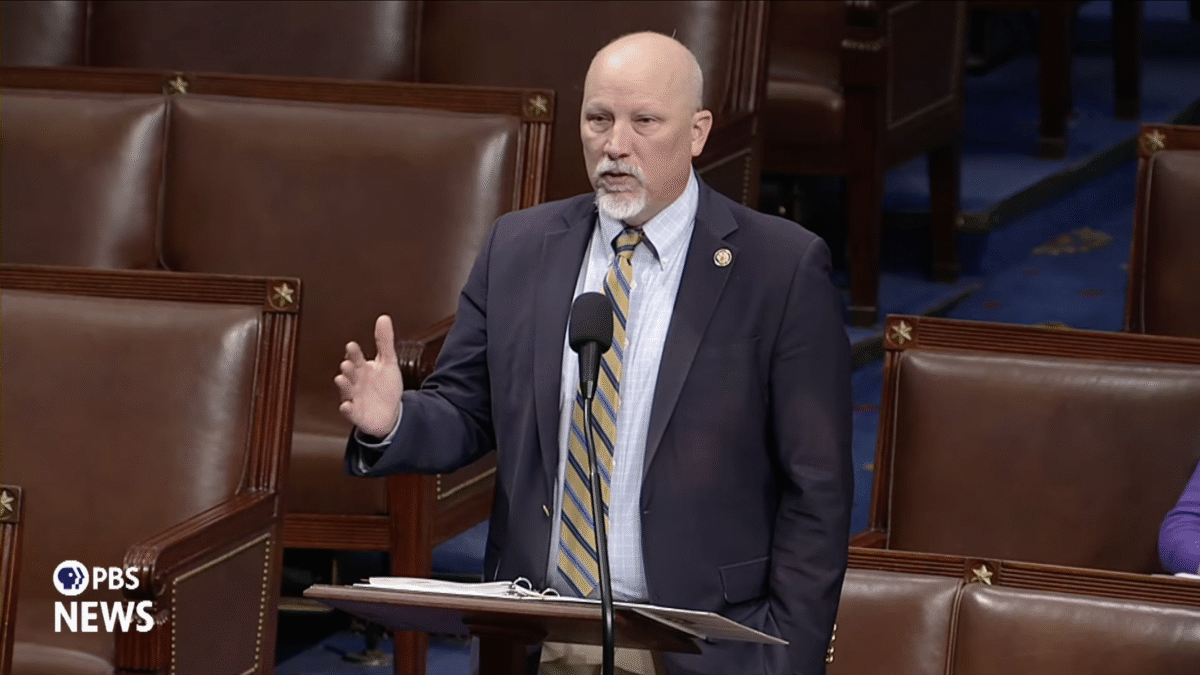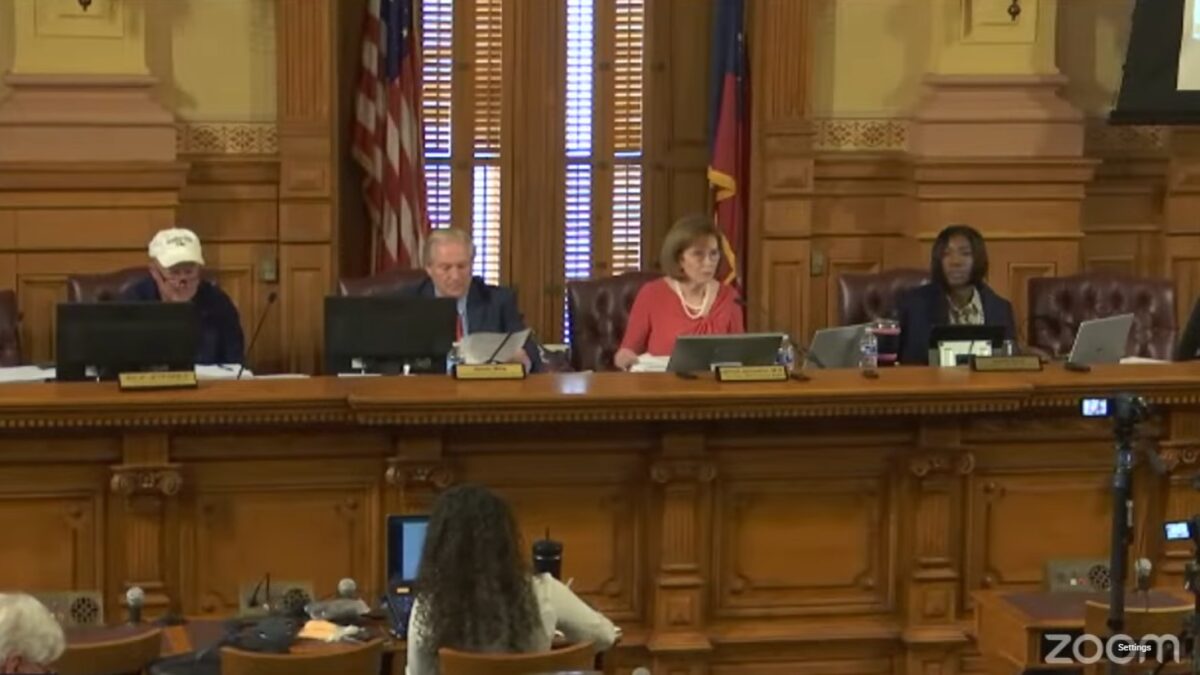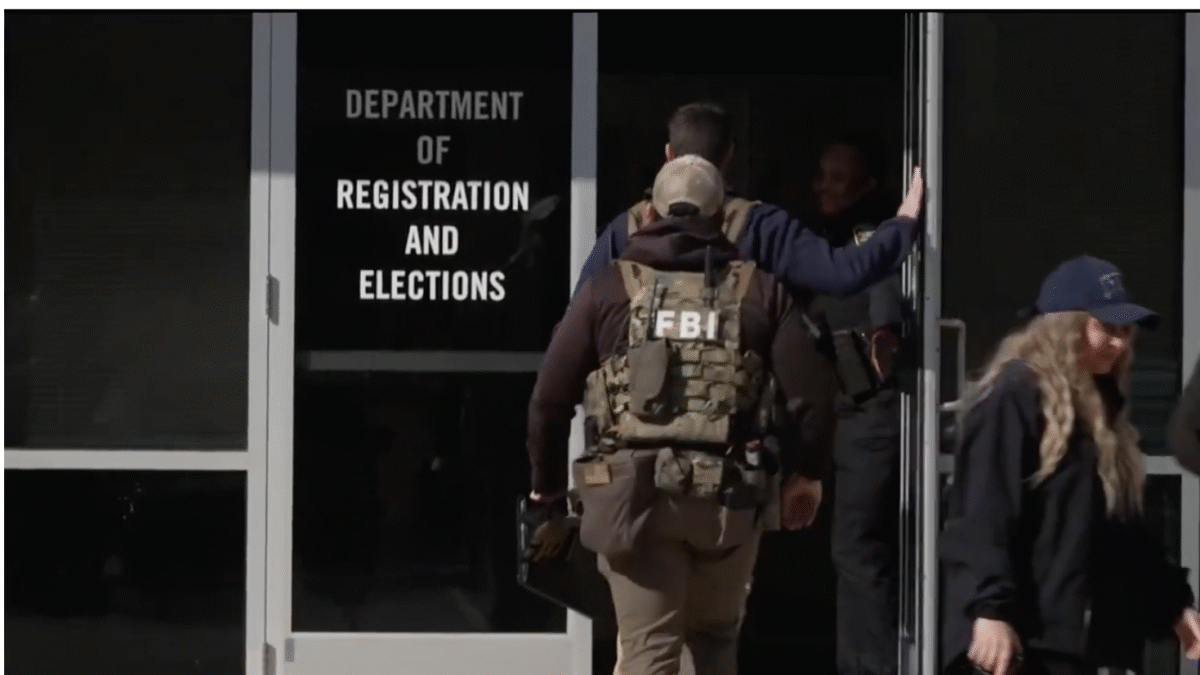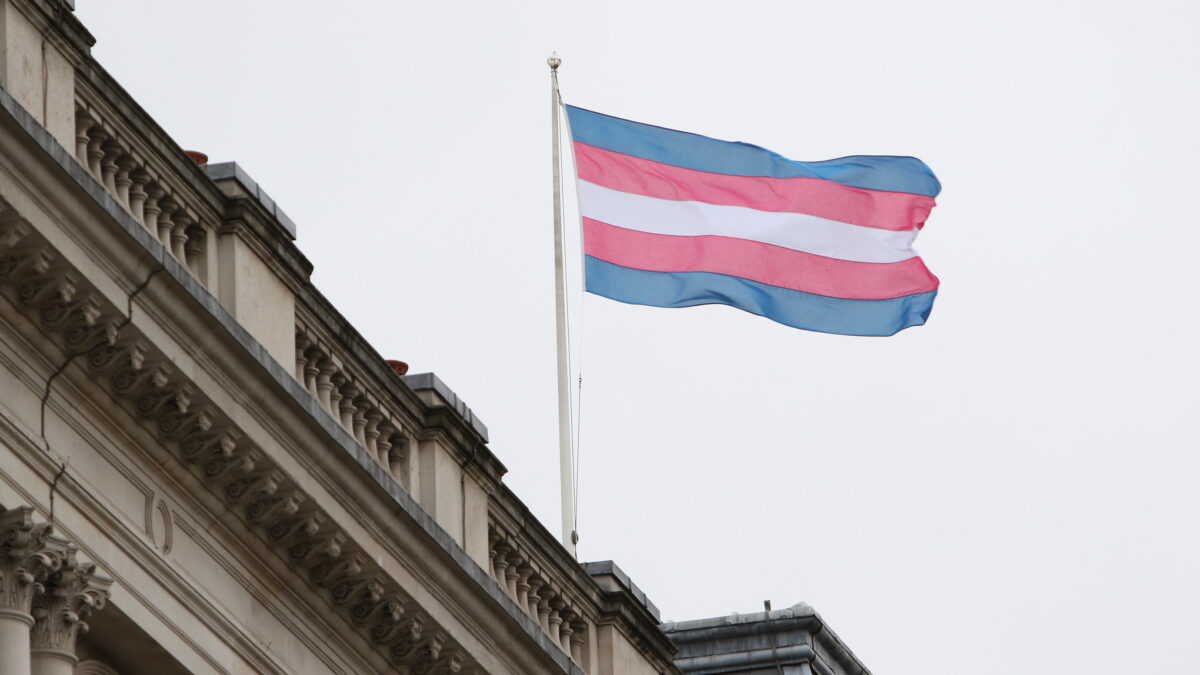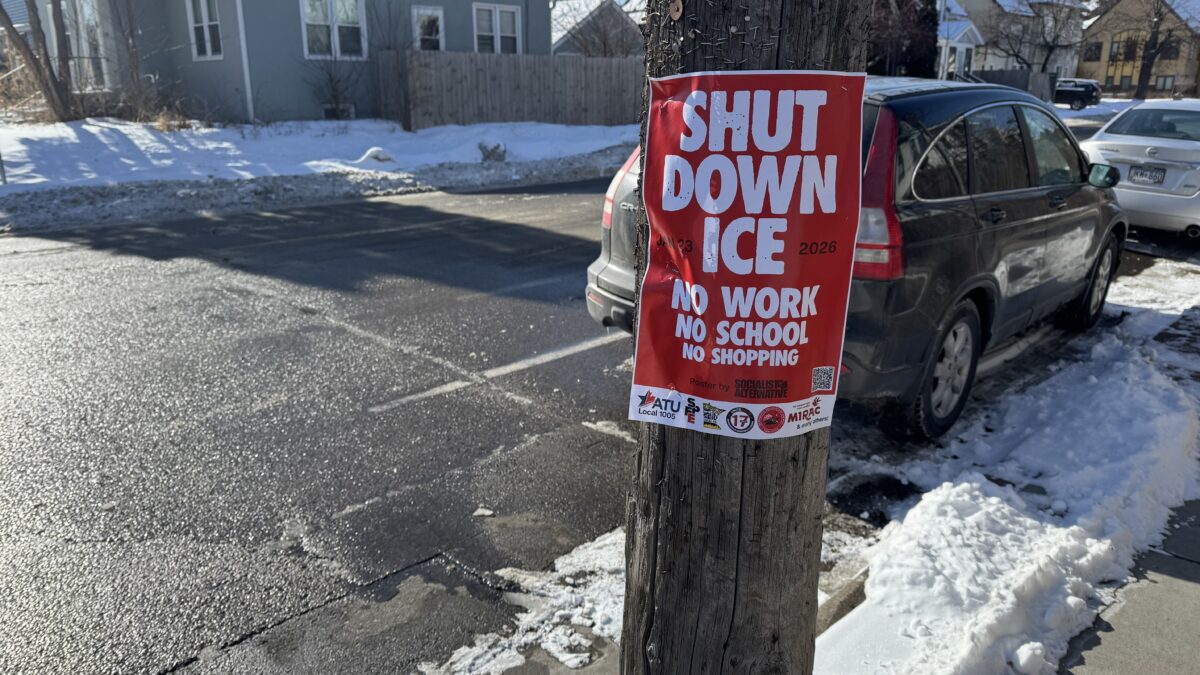A complaint filed simultaneously with the Georgia secretary of state and the State Election Board and obtained exclusively by The Federalist reveals tens of thousands of potentially illegal votes were cast in the 2022 midterm election.
This revelation comes after the Georgia secretary of state ignored a similar complaint highlighting evidence indicating that nearly 35,000 potentially illegal votes may have been included in the final tally certifying Joe Biden as the state winner by 11,779 votes. And now, with just four months until the November 2024 general election, the state’s refusal to address the problem ensures chaos will ensue unless there is a complete blowout by one of the candidates.
On Wednesday, Mark Davis, the president of Data Productions Inc. and an expert in voter data analytics and residency issues, sent the Georgia secretary of state and the State Election Board a complaint seeking an investigation of as many as 25,794 potentially illegal votes cast during the 2022 midterm election. The complaint notes that under Georgia law, residents must vote in the county in which they reside unless they have changed their residence within 30 days of the election.
National Change of Address (NCOA) processing Davis performed revealed that nearly 25,800 Georgia residents filed an NCOA notice with the U.S. Postal Service, indicating they were moving permanently from one Georgia county to a second one. Those notices of a permanent address change all fell outside the 30-day grace period that allows Georgia residents to cast a ballot in the county in which they previously lived. None of the 25,000-plus voters updated their address and instead all appear to have voted in the county in which they previously resided.
To date, nearly 8,700 of those residents have updated their driver’s licenses and/or voter registrations to their new addresses. The Federalist has reviewed this data pursuant to a nondisclosure agreement and agrees, as Davis argues in his complaint, that it provides strong evidence that those Georgia residents had, in fact, permanently moved to a new county, as their NCOA notices suggested. If so, and they also moved at the date specified, they voted illegally in the 2022 midterm election.
Further, as Davis stressed in his letter, when casting a ballot in Georgia, residents execute a “Voter Certificate” attesting that they are who they say they are and live where they say they live. “That certificate carries a warning to the voter about not violating OCGA 21-2-562 by providing false information about their name or residency,” Davis’ complaint notes.
Accordingly, Georgians who cast a ballot in counties where they no longer reside are potentially also committing a felony in violation of OCGA 21-2-571 by signing the certificate and then casting a ballot as an unqualified elector. Davis’ complaint adds that if there is a federal race on the ballot, said voters may also have committed a separate crime under the Voting Rights Act.
While Davis’ complaint concerns the 2022 midterm election, he emphasizes that “[s]ince no substantive action has been taken to address these issues, we will no doubt see tens of thousands more of these residency issues in the upcoming 2024 General Election…” That seems likely given that during the 2020 general election, Davis’ research revealed that nearly 35,000 Georgians cast votes potentially in violation of state law.
With only 11,779 votes separating Joe Biden and Donald Trump in the 2020 general election, the 30,000-plus potentially illegal votes could have caused a judge to overturn the election because, under Georgia law, if there are more illegal votes cast than the margin of victory, or if a judge sees evidence of “systemic irregularities,” a court can order that an election be redone. In fact, Donald Trump challenged the outcome of the Georgia election based on this evidence, but a Fulton County judge delayed his case until after the state certified the election results, so the court never considered the evidence.
Since then, however, further evidence has bolstered Trump’s 2020 challenge: More than 14,700 of the voters updated their driver’s license or voter registration information, indicating they had, in fact, moved to the address they said they were moving to and likely voted illegally in their prior county of residence.
If the closeness of the 2020 general election repeats itself this November, the problem of Georgians voting illegally in counties in which they don’t reside could threaten the validity of the election results. That remains true no matter which candidate prevails because, for all their deriding of Trump for contesting the 2020 election, Democrats, when on the losing end, bring their own legal challenges. Unlike in the case of Trump, however, Democrats will likely receive a quick hearing in Democrat-controlled counties, such as Fulton County.
Absent a substantial margin separating the presidential candidates, or the electoral counts, Georgia and its secretary of state in four short months could face a disaster in deciding whether and for whom to certify the vote — and the state officials have no one to blame but themselves.
In May of 2021, after Biden was safely installed in the White House and the 2020 election challenges were over, Davis filed his first complaint with Secretary of State Brad Raffensperger. According to Davis’ most recent complaint, the secretary of state’s office agreed to investigate his evidence of illegal voting but then never formally responded to that complaint.
Had Raffensperger’s team investigated the complaint at the time, the secretary of state could have confirmed the problem and its scope and recommended fixes to the legislative branch. However, doing so would have also vindicated Trump’s challenge in Georgia. So instead, the secretary of state appeared to have quietly buried the complaint.
But Davis will not be ignored. He has promised to file another complaint after the 2024 general election, saying: “Your office will continue to receive these complaints until action is taken to investigate these issues.”
Davis, however, is not leaving the matter in the hands of the secretary of state. He has also filed his complaint with the State Election Board. That board is scheduled to meet on Aug. 6, and with Davis’ complaint now in the hands of the board members, we will soon see if they care more about election integrity than the Georgia secretary of state.


